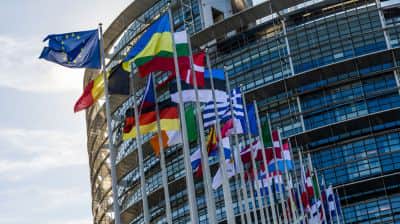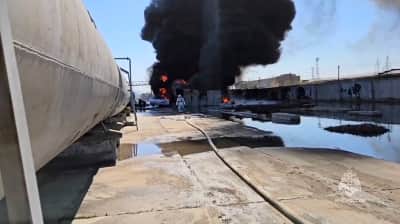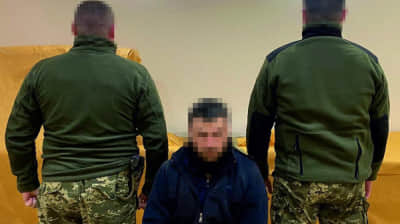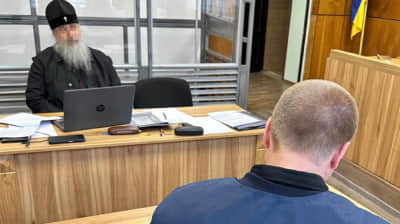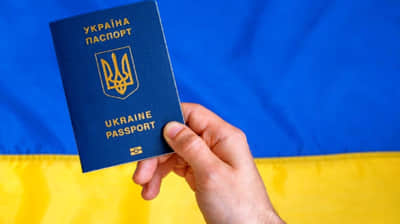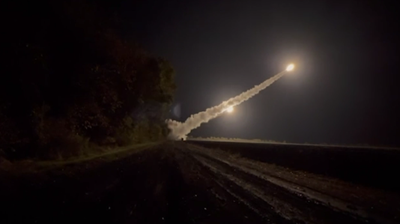Neither Ukraine nor Russia to achieve absolute victory in this war – RAND
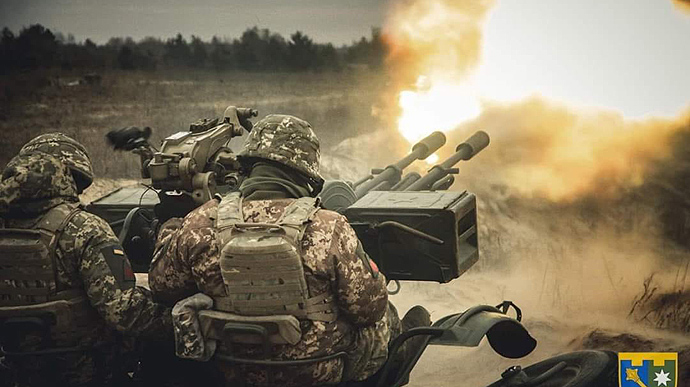
RAND Corporation, an American research organisation, published a report titled "Avoiding a Long War" between Russia and Ukraine; they believe that neither of the two countries will achieve an absolute victory.
Source: RAND report
Quote: "Although successful Ukrainian counteroffensives in Kharkiv and Kherson in fall 2022 renewed optimism about Kyiv’s prospects on the battlefield, Russian President Vladimir Putin’s announcement on September 21 of a partial mobilization and annexation of four Ukrainian provinces was a stark reminder that this war is nowhere near a resolution.
Ukraine had battlefield momentum as of December 2022 and could conceivably fight until it succeeds in pushing the Russian military out of the country. Proponents of this view argue that the risks of Russian nuclear use or a war with the North Atlantic Treaty Organization (NATO) will remain manageable.
Once it is forced out of Ukraine, a chastened Russia would have little choice but to leave its neighbour in peace—and even pay reparations for the damage it caused. However, studies of
past conflicts and a close look at the course of this one suggest that this optimistic scenario is improbable."
Details: The research organisation offers possible scenarios of the conclusion of the Russia-Ukraine War: absolute victory, armistice and political regulation.
Speaking of absolute victory, experts are using a definition according to which "the victor install[s] a new leadership in the defeated state, occupying or annexing the adversary’s territory, or at worst annihilating the adversary’s entire population." This kind of victory was achieved by the allied forces during the Second World War. But in this war, such development is highly unlikely.
Ukraine has never officially declared its intention, experts write, and even if it were to return to its 1991 borders, Russia would still be able to strike with a navy and air force that had not been badly damaged in the war.
Since neither side has the ability to achieve absolute victory, the war will most likely end in some kind of negotiation. Negotiations, unlike absolute victory, require the warring parties to accept some risk that the terms of the peace may be violated.
Analysts write that "even a relative ‘loser’ in the war will retain the ability to threaten the other side."
The ceasefire in Ukraine, they expect, will freeze the front line and lead to a long-term cessation of active hostilities. Russia will cease attempts to occupy additional Ukrainian territories and cease missile strikes on Ukrainian cities and infrastructure.
In that case, the Ukrainian Armed Forces would stop their counteroffensives, i.e. strikes against Russian-held areas of Ukraine and against Russia itself. Unresolved territorial issues will remain, which will be disputed politically and economically, not militarily.
Analysts conclude that the parties are likely to conduct only minimal trade and borders will be largely closed.
Note: RAND is a reputable research centre in the USA, but ever since the Russian attack on Georgia in 2008, it has been suspected of working for Russia.
Texty.org media writes that Samuel Charap, a RAND senior political scientist whose research interests include the foreign policy of Russia and the former Soviet states and US-Russian relations, was at one time a visiting scholar at the Carnegie Moscow Center and the International Center for Political Studies in Kyiv, as well as was a Fulbright scholar at the Moscow State Institute of International Relations (MGIMO).
Charap is also a guest expert at the Valdai Kremlin Discussion Club, which brings together pro-Russian analysts from around the world and is visited by Vladimir Putin every year, where he explains what the "correct" analysis of Russia should be.
Charap is also known for having previously proposed a similar approach to solving the problems of the territories of Georgia occupied by Russia – at the expense of Georgia's interests and in favour of Russia. He said Georgia could give up its principles for the benefit of the unrecognized republics themselves.
Journalists fight on their own frontline. Support Ukrainska Pravda or become our patron!


